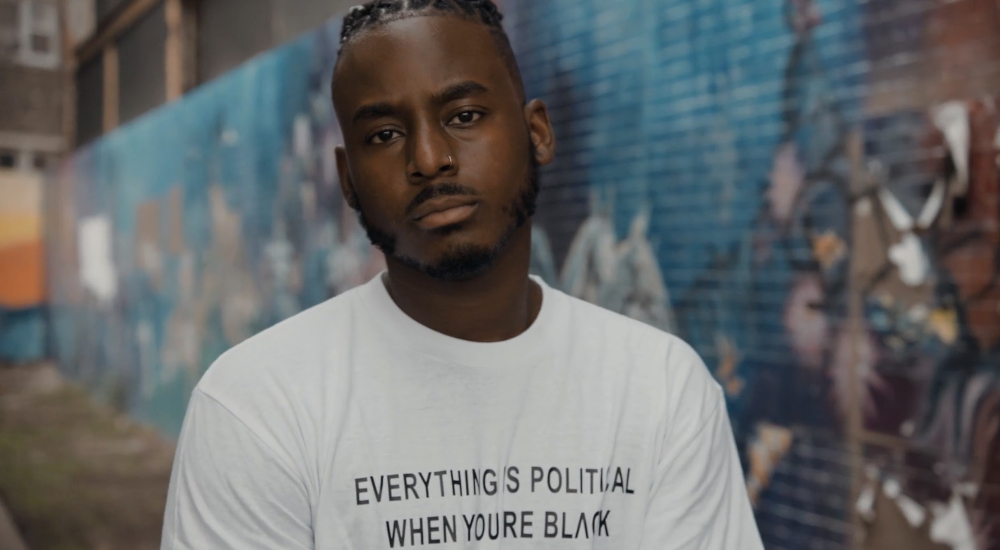“Nobody cares when we die.”
A nation surrounded in protest as most call for a change in policy and an overhaul of the justice system, America is struggling to claim an identity that is representative of its people. Sonia Lowman’s Black Boys works to paint a better picture of an often misrepresented sector of the country’s population, giving Black men the chance to speak freely about what it means to grow up Black in America.
Broken out into proverbial chapters, each dissecting a different sector of her argument, Lowman effectively blends the current social justice situation with the inner workings of our country’s history. Without lecturing or belittling her viewers, she effectively goes straight to the source, rarely interjecting as she gives her subjects the freedom to discuss openly the microscope they live under every day.
The film opens on retired NFL Defensive End Greg Scruggs and his toddler son reading Watty Piper’s The Little Engine That Could. To the blind eye, the sequence is simple, almost insignificant; however, the book is a timeless classic. Metaphorically speaking, the visual paints a detailed picture of what is to come, emphasizing the fact that no matter how different we all look, within our home, we are all very much the same.
Lowman successfully captures intimate footage of many of her subjects, including influential personalities like Carmelo Anthony, Chris Carter, and the aforementioned Scruggs. But it is her interviews with young high schoolers that hit the hardest. Listening to them discuss the expectations that must continuously live up to as they cautiously venture out into public is inarguably eye-opening. They speak from a place of understanding, which is heartbreaking to hear, especially when they attempt to vocalize their feelings regarding the effects their skin color has on the perceived safety of those around them - notably the white female.
Lowman takes her time to sift through the educational system, showcasing how minorities are regularly left behind and forgotten due to insufficient funding. The film ventures further, dissecting the influence that male minority teachers can have on young Black students. The statistics presented are mind-blowing; however, the fix seems almost too simple, if only they had access to the help required to curtail the issue.
But Black Boys isn’t all about institutional racism, the broken cycle, and the cover that sports play regarding the socioeconomic gap. Instead of drowning her viewers in the negative, Lowman spends time showcasing the great things done to help bring attention to and hopefully fix the issues at hand. Whether showing Scruggs’ sweet interactions with his son, a high school educator talking with a student, or kids on a set of stairs discussing their aspirations of being a professional athlete or lawyer, Black Boys refuses to overlook the good within the hard-hit communities.
One of the highlights is towards the film’s conclusion when three high school boys, sitting atop large boulder rocks in Oakland, are asked if they have ever cried during a movie. Their answers, wholesome and genuine, sum up the film’s inner soul and bring a sense of calmness to the fight that has only just begun.
*This film is streaming globally for free on Peacock.

